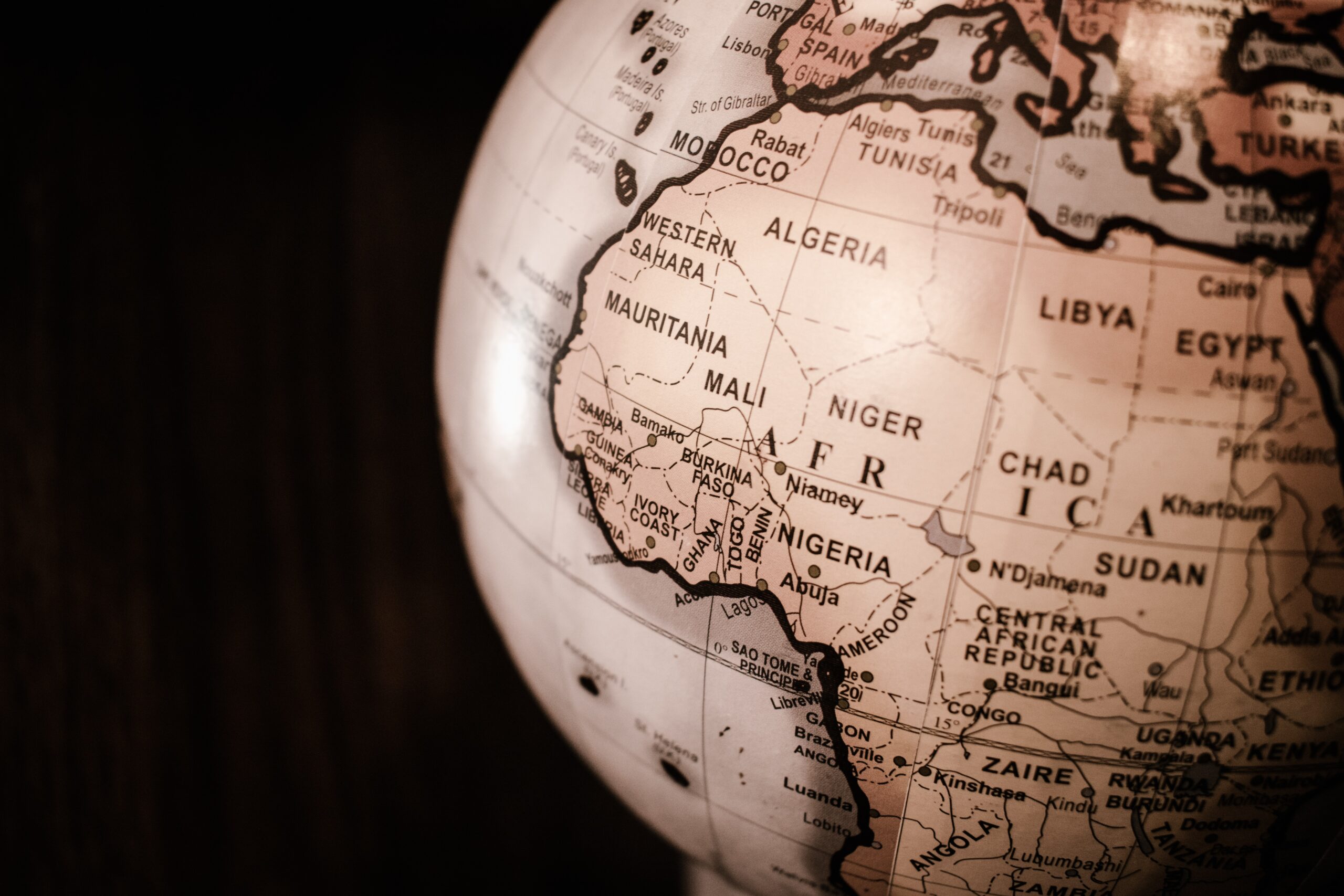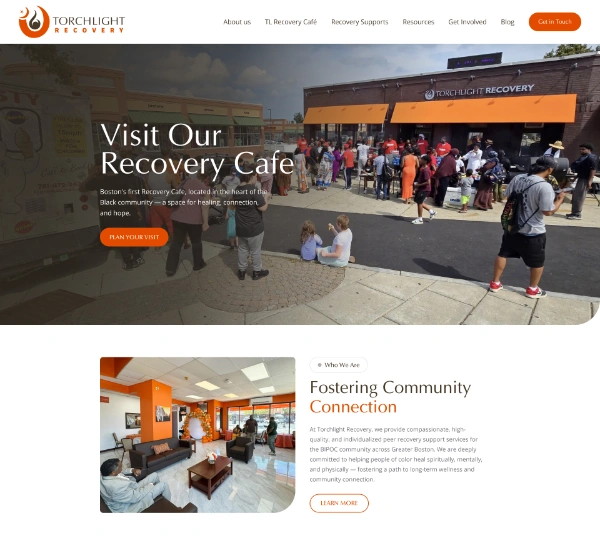Today, I invite us to honor and remember Nelson Mandela: a towering figure whose legacy continues to shape our collective understanding of justice, dignity, and leadership. More than a historical icon, Mandela embodied a way of being that feels more urgent than ever—a leadership grounded in humanity, humility, and moral clarity. As we reflect on his life and the lessons forged through action, may we remember that leadership is not simply a role. It is a responsibility: to heal, to connect, and to transform.
I was a political science student at Clark Atlanta University when I had the honor of serving on the planning committee that welcomed President Nelson Mandela to Atlanta in the early nineties. I still remember the atmosphere inside the Woodruff Arts Center that day: reverence, joy, and something deeper, almost spiritual. It wasn’t just that Mandela was admired across the globe; it was that he carried a kind of leadership that felt grounded, dignified, and unwavering.
I was surrounded by giants: Dr. Johnnetta Cole, the late Mayor Maynard Jackson, Ambassador Andrew Young, and other Black leaders whose work shaped the political, social, and ethical landscape of our time. And in the midst of them stood Mandela—unassuming, modest in stature, yet immense in presence. Dignified. Measured. Radiating a strength that did not impose but invited. A strength shaped not only by humility, but by moral endurance; by the kind of inner resilience honed in the crucible of profound suffering.
What stood out that day, and in the years of reflection since, is that Mandela’s power was not performative. It came from somewhere deeper. What he carried was not just political vision, but a rooted ethic. Mandela led from a place of profound conviction—a conviction shaped by Ubuntu.
Mandela’s leadership was not only forged in resistance to apartheid; it was shaped by a deeply held philosophy: Ubuntu. Rooted in Southern African thought, Ubuntu is often translated as “I am because we are.” But for Mandela, it was not a slogan. It was a way of life. Ubuntu informed how he led, how he forgave, and how he imagined a democratic South Africa built not on revenge, but on reconciliation.
Ubuntu affirms that our humanity is bound together. Dignity is not earned through domination, but through shared responsibility. It insists that leadership is relational—grounded in empathy, reciprocity, and the moral obligation to repair what has been broken. Mandela lived this. He practiced it through decades of imprisonment, and he carried it into the presidency, refusing to let bitterness define the nation’s future.
Ubuntu was the source of his strength—not a soft idealism, but a rigorous ethic. It demanded that he see even his oppressors as human, that he choose nation over ego, and justice over vengeance. In every way, Mandela’s life was a testament to Ubuntu as both personal conviction and political vision.
Today, we stand at a global crossroads, one that is challenging us to reexamine who we are, how we lead, and what it truly means to belong to one another. As a human family, we are being invited to imagine new ways of relating, organizing, and leading that center dignity, compassion, and shared responsibility. And yet, this invitation comes amid growing tensions.
In the United States, diversity, equity, and inclusion efforts are being dismantled and distorted. Political polarization is deepening. Institutions across sectors are struggling to uphold cultures of belonging. Globally, we are confronting overlapping ecological, humanitarian, and moral crises that test not only our policies, but our principles. In this moment of reckoning, the question is not whether change is coming, but how we will meet it.
I’ve traveled to South Africa several times with the intention of studying Ubuntu—not simply as a concept, but as a way of being, an ethos. I wanted to understand it in its fullest expression: in leadership, certainly, but also in townships and villages, in everyday community life.
I was researching Ubuntu as a leadership framework I could integrate into my work. It feels both timely and necessary, a way of anchoring leadership in shared humanity and collective responsibility. It calls us to a higher level of consciousness and connection. It invites us to lead with integrity, to belong to one another more fully, and to imagine what becomes possible when we do.
This week, as I write from Tassajara, a Zen Buddhist monastery nestled in the mountains outside San Francisco, I find myself reflecting on Mandela again. I’m facilitating a retreat titled Leaning into the Liminal, a space for exploring transition, uncertainty, and emergence. Though the retreat is not explicitly about leadership, Mandela’s presence is palpable for me. He understood the liminal—that profound space between what has been and what is yet to come. Twenty-seven years in prison is the ultimate threshold. Yet he used that time not to wait, but to prepare. To listen. To deepen. What emerged was not only a political figure, but a statesman. A reconciler. A peacemaker.
Mandela reminds us that leadership is not forged in the spotlight, but in solitude. In stillness. In the hard and often invisible work of inner transformation. He shows us what it means to turn captivity into clarity, pain into purpose, and injustice into the raw material for lasting change.
At Thulani Consulting Group, we’ve been deeply committed to bringing Ubuntu to life as a transformative and practical leadership framework. If you feel called to go deeper, I invite you to explore our Ubuntu Leadership Retreat, which supports leaders and organizations in building cultures where psychological safety, relational trust, and shared responsibility are not just values, but daily practices. Participants gain tools for navigating complexity, fostering inclusive dialogue, and aligning organizational purpose with human dignity.
May we carry Madiba’s spirit forward — with courage, humility, and an unwavering commitment to our shared humanity.
In peace and solidarity,
Thulani

























